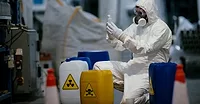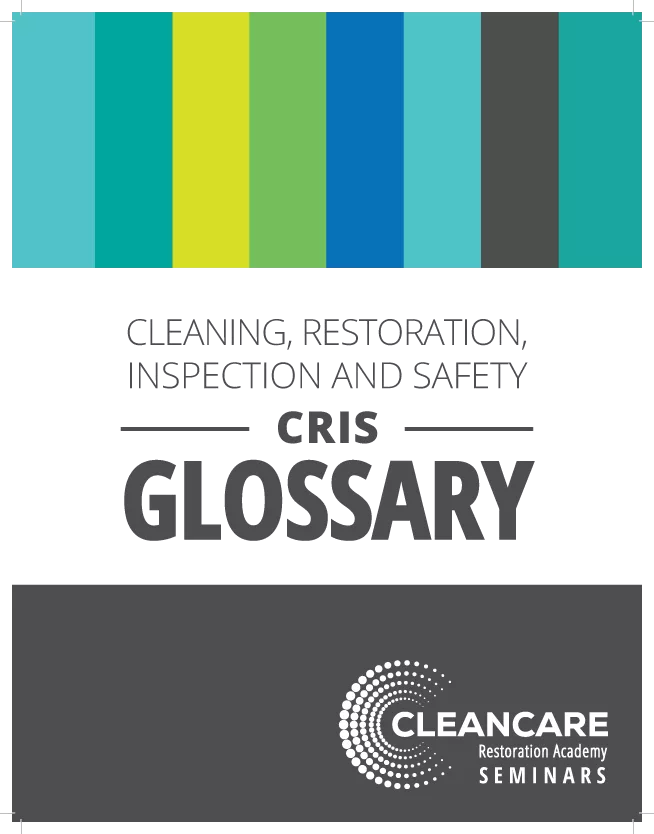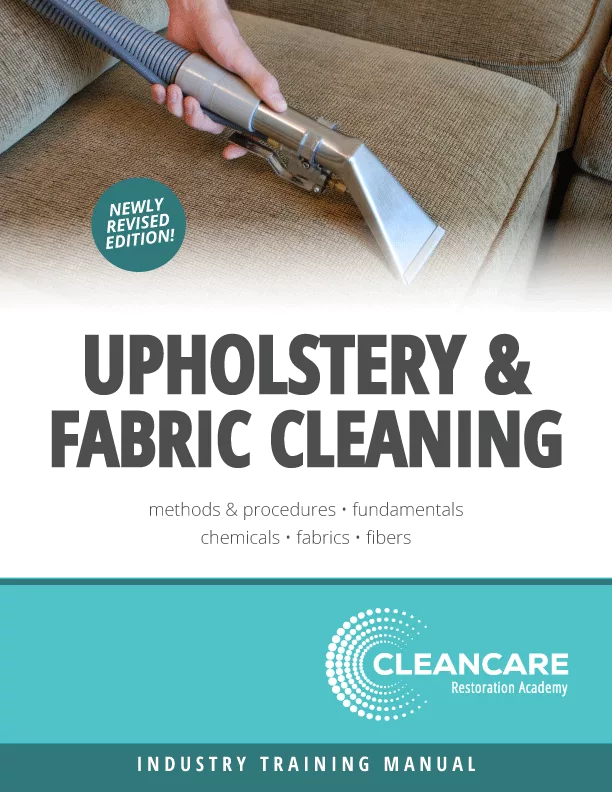Cleaning Up the Dangerous Toxins Meth Leaves Behind
According to statistics from the U.S. Drug Enforcement Agency, methamphetamine seizures peaked in 2012 – when officers removed about 10 thousand pounds of the drug off the streets. That year, Jennifer McQuerrey Rhyne started Affordable Cleanup LLC in West Virginia. When the drug team and police leave the scene, Rhyne steps in to clean up the dangerous residues a meth-making operation leaves behind.
“I’ve been a landlord since 2001. I started buying houses so I owned a bunch of rental properties,” Rhyne said about Affordable Cleanup LLC’s inception. “As I would go to these landlord conferences, we had on a couple of different occasions a speaker from the state and he would talk about how horrible these situations are and the cleanup process. Back at that time, there were only three companies (in the state) that did cleanup.”
Meth Cleanup Snapshot1. Test it 2. Suit up 3. Gut it 4. HEPA vac 5. Scrub down (repeat, repeat, repeat) |
On multiple occasions, that speaker said when he retired, he was going to get into the meth cleanup business. Finally, Rhyne pulled him aside and asked why. His answer: the profit is there, and there is room for more companies. So Rhyne immersed herself, learning the meth cleanup business and laws that come along with it.
The cleanup process starts with a call from the home or property owner, who is responsible for the cleanup, which is likely not covered by insurance.
“There are some states that require it to be cleaned up, and a whole lot of other states who say ‘that’s all right, go right in!’” Rhyne said. In West Virginia, cleanup is highly regulated. Cars, for example, have to be crushed if contamination testing comes back above the state limit of 0.1 micrograms per 100 centimeters squared. “The state limit is kind of ridiculously low… the limit that the studies show is a safe limit is 1.5.”
First, Rhyne tests the space to see if contamination is present. Rooms over 0.1 milligrams per centimeter squared have to be remediated.
“Sometimes it comes out that half the house is fine and half the house is contaminated. We only have to clean the rooms that are above the limit,” she said.
Then, it’s time to suit up from head to toe with biohazard suits, masks, gloves, etc. Unlike some remediation jobs like mold or fire where items could be cleaned and saved, anything porous from a contaminated home has to be completely ripped out and thrown out in West Virginia. Even if the carpet could be cleaned, she says she doesn’t recommend it – noting children crawl on carpet, then put their hands in the mouths, and you never know if there are traces of the drug left. When it comes to ripping out stuff like ceiling tiles, it’s important to keep in mind possible asbestos contamination and bring in other experts if necessary for testing.
Once the space is empty, cleaning begins. First, Rhyne and her crew run a HEPA vac over everything. Then, the scrub-down process begins: wet, scrub, rinse, squeegee, repeat. Without giving away any secrets, Affordable Cleaning LLC uses a mixture of carpet cleaner, degreaser and dish soap.
“If you’re not cleaning it right, you’re not getting it all,” Rhyne said. “This is a very aggressive scrubbing. Hard work is the magic potion. If we get into some real hot contamination, we’re (cleaning walls) 11 or 12 times.”
An average job takes four or five days to complete. One full day is usually spent removing contents. The rest is cleaning. As a bonus, Rhyne videotapes every home they test, so if a contamination test comes back positive, she can pull the video for reference.
Actual labor aside, cleaning up meth houses comes with unspoken dangers. For that reason, Rhyne admits she carries a gun.
“I am not a lover of guns,” she said. “I don’t like guns, I’m not a proponent of guns, but when we got into this business and I realized the places we’re going to be in and the potential for the meth cook to come back while we’re there, throwing their items away, I realized the potential for a bad situation and I just feel like I need to have that. I would never pull that thing out unless I felt someone was physically going to come at me… sometimes we’re in really shady places.”
When it comes to West Virginia’s strict legislation on meth cleanup, Rhyne said she is lobbying for change. “I’m seeing little old ladies that were throwing away their entire lifetime of possessions, and what that does to them,” she said. So she’s pushing for legislators to raise the limit from 0.1 to 1.5, like the studies have shown are safe. She admits it will hurt her business, but it’s the right thing to do.
Rhyne has a few simple tips for people thinking about getting into this line of business. First, check state regulations. If it’s not regulated, there’s not going to be much money in it because people will just clean it themselves. Second, can you handle this kind of work?
“It’s very physically rough on the body. You’ve got to be willing to work hard and travel,” Rhyne explained. She bought a motor home for her business, because some jobs are in very rural areas, miles away from a hotel.
Her last tip: get trained to do it right the first time, or you’ll be doing a second round of cleanup on your own dime.
Looking for a reprint of this article?
From high-res PDFs to custom plaques, order your copy today!








